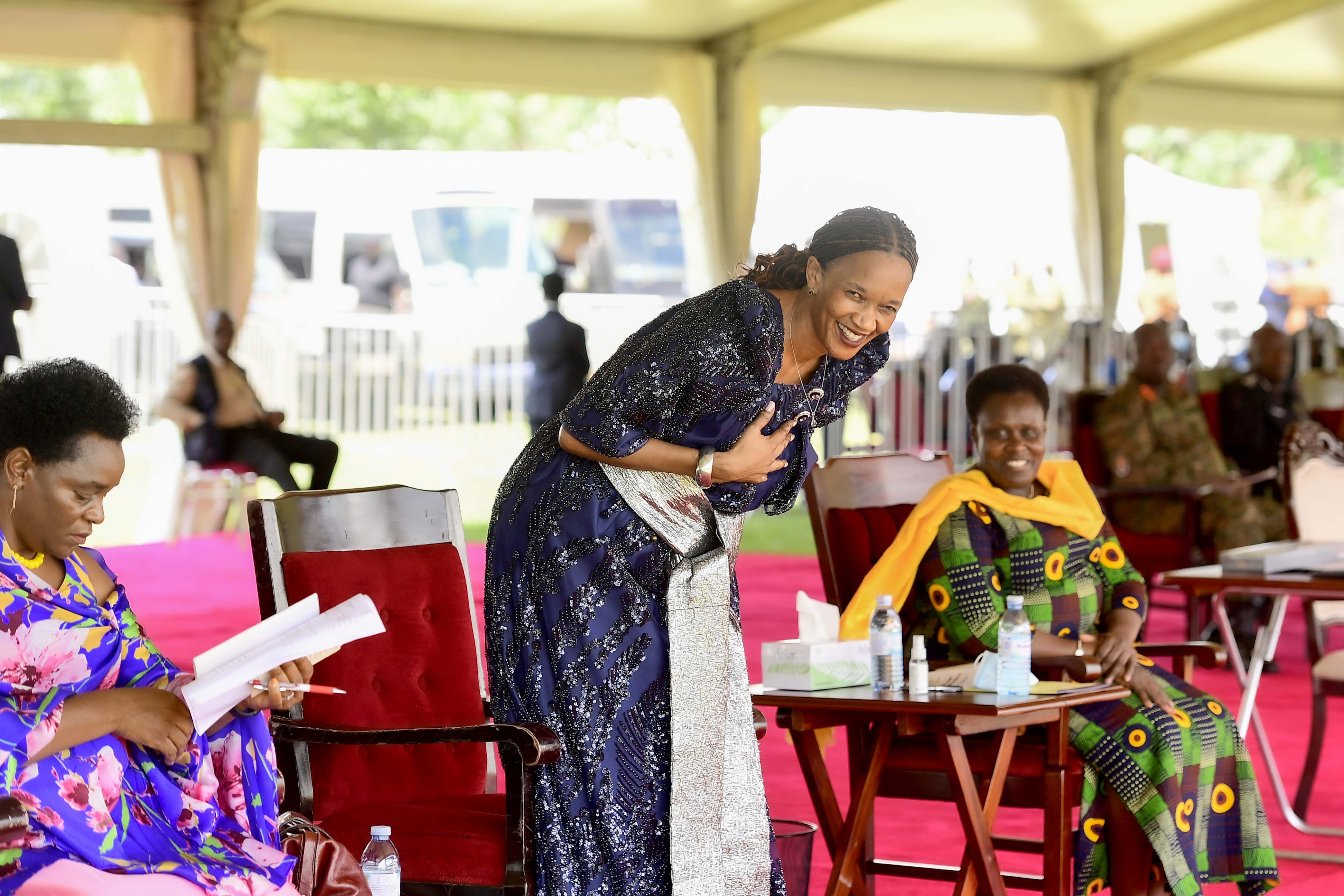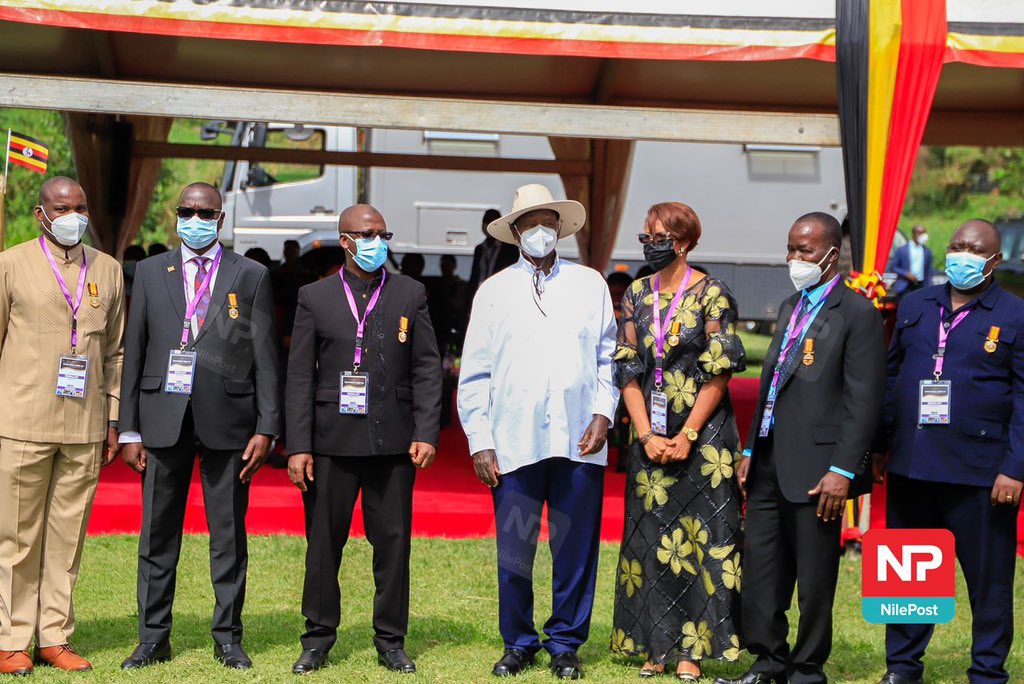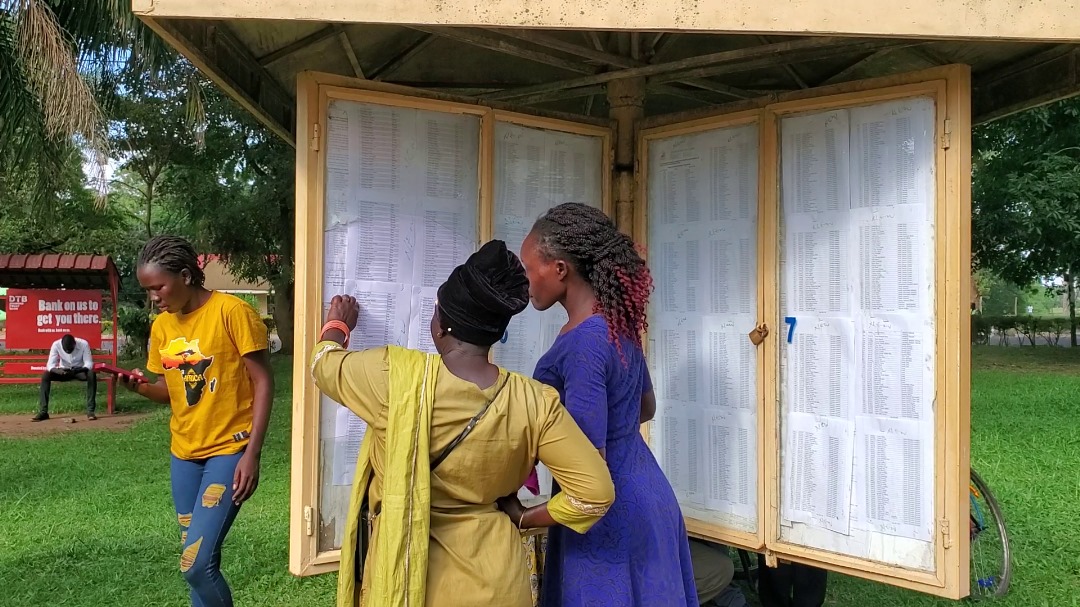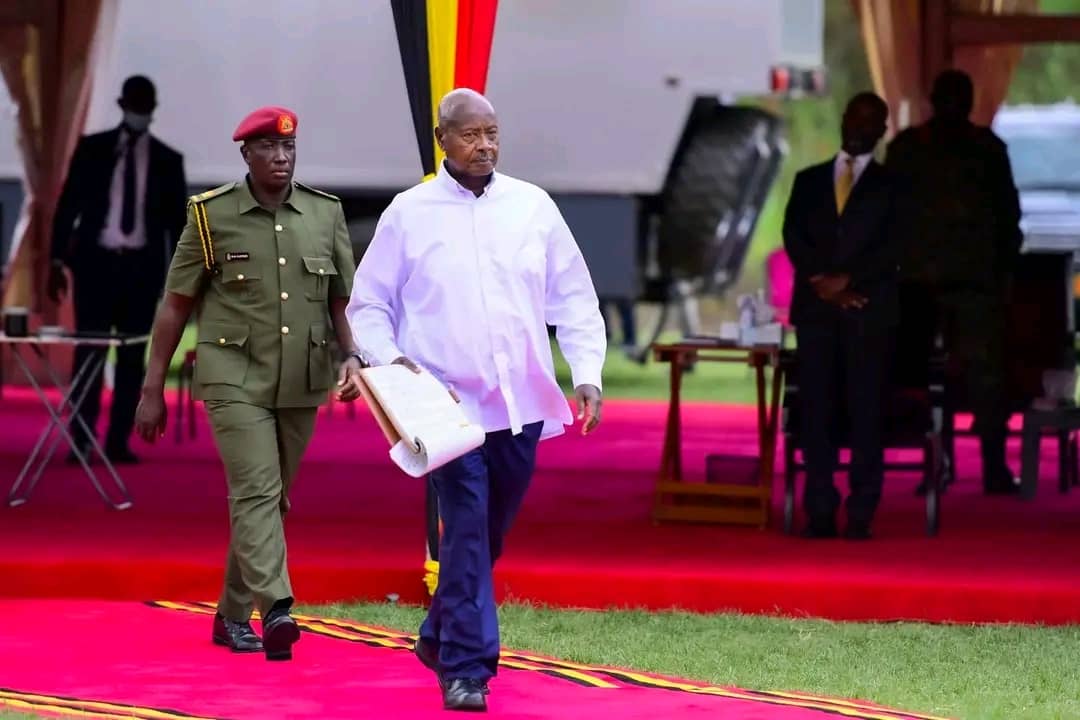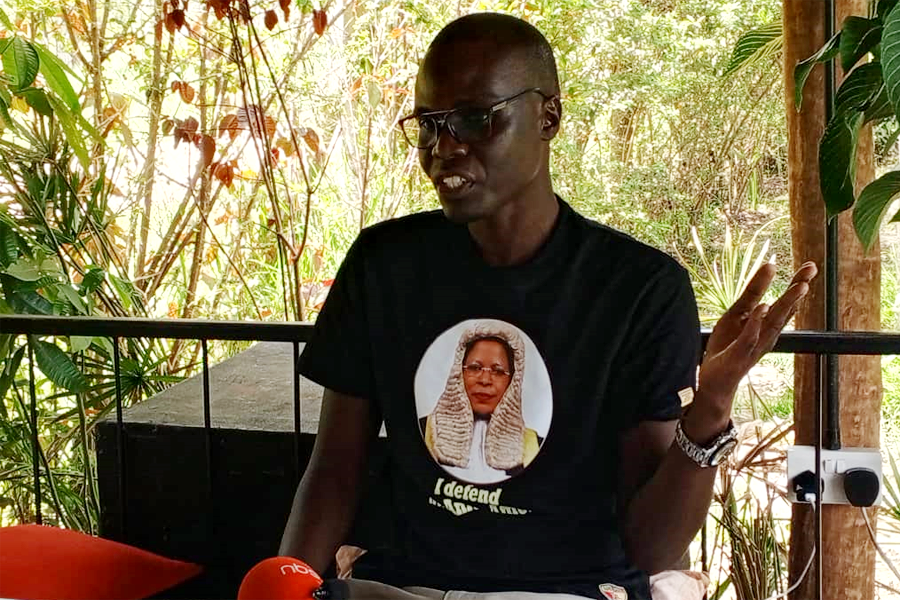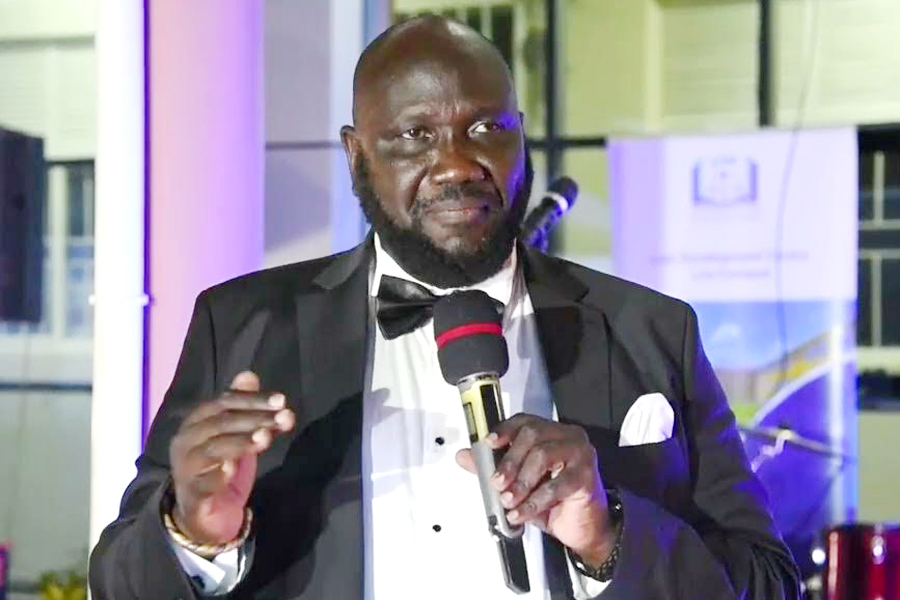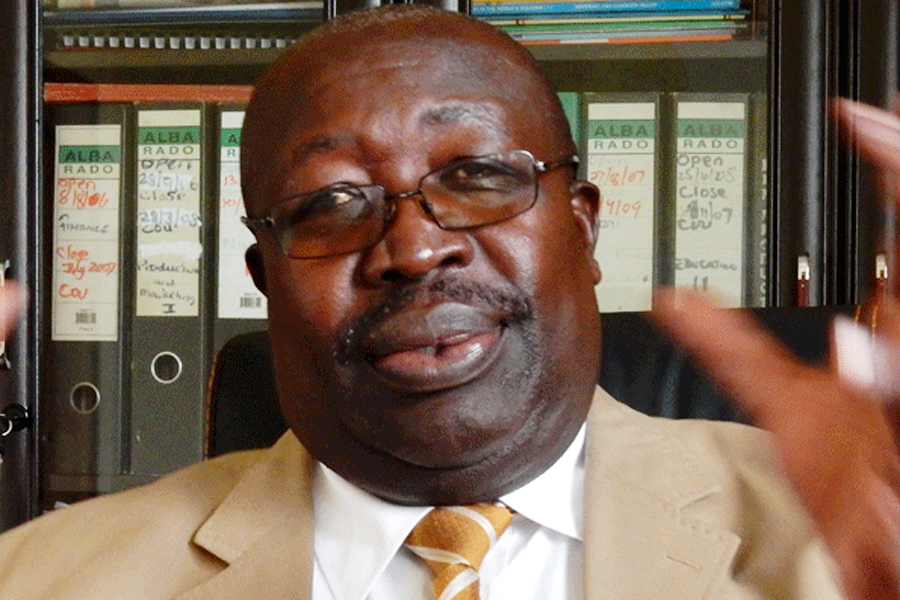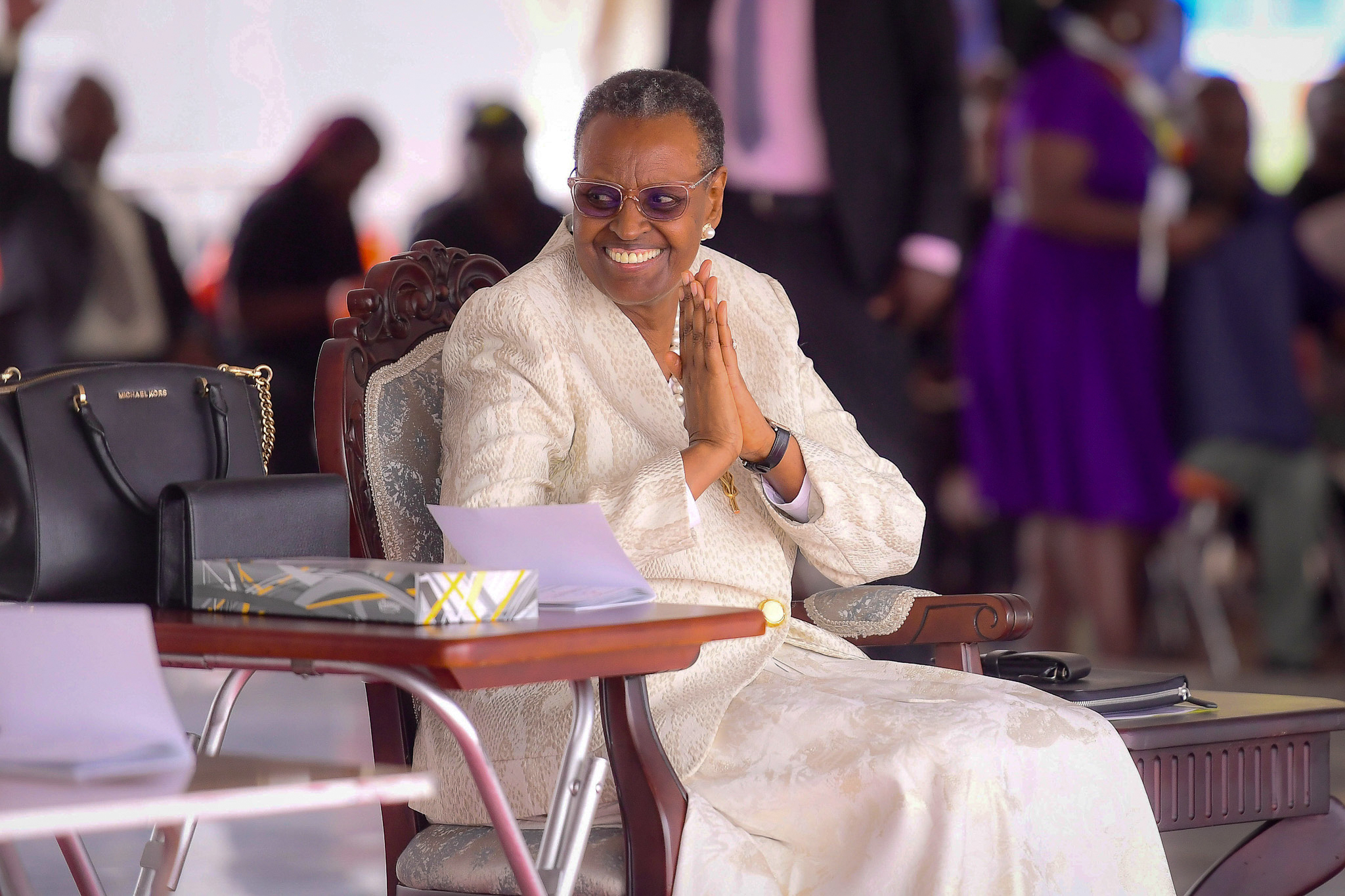Kenyan poet set to take Uganda by storm
What is the difference between Ugandan and Kenyan poetry?
Well, for one, Kenyan poetry is Kenyan and Ugandan poetry is Ugandan. This means both separately reflect the distinct material and spiritual circumstances which define their alternate cultural settings.
Keep Reading
Two, they both represent the same literary orientations. But to varying degrees.
These orientations are impressionism, symbolism and surrealism.
Impressionism is a singular way of describing things through generalities instead of details, symbolism is a way of describing things to emphasize their emotional significance and surrealism employs the unconscious mind to connect images.
The three orientations intersect without contradiction in the anthology “First Words” by award-winning Kenyan poet, Vincent de Paul.
In his poem, White Abomination, the said intersection is effortless:
“A big yellow of the sun had sunk
Down the azure of the western horizon
Pasting obscenely beautiful yellow
Then the ominous darkness crept in.”
The evocative power of his words expresses his thoughts with verbal hypnotism. As we are left waiting for what the darkness brings, we grow apprehensive as we know it will be “ominous”.
The impressionism and symbolism in this stanza set the stage for the subsequent surrealism in the coming stanzas.
At this stage, however, those who believe in literal language as the best means of expression may quibble.
It is clear such “literalists” expect every poet to pander to the lowest literary denominator by suiting his/her writing tempo to the pace of the “slowest” reader. Which is like expecting an Olympics running team to accommodate itself to the pace of its slowest runner.
Then, lo and behold, the poet does just that. Well, only just:
“It was years since that day.
The gods had taught them the language of gods
Told them that they could fly
the wise Ngumbau couldn’t doubt”.
The poet provides footnoted translations for words like Ngumbau (which, he writes, is a Kamba name meaning “brave”).
However, although the images are gone, the surrealist rendering of “gods” as opposed to “God” is a polytheistic way of asserting the existence of indigenous African gods.
In the poem “Corruption of the Soul”, we recognize the hypocrisy of our times:
“In their secret conspiracy circles
they met and orchestrated diversions
blamed the already corrupt bodies
of all communal miseries;
it was so true...
They promised the masses
Zero tolerance of all vice
yet they tolerated not.”
The simplicity and beauty of this stanza lies in the way the poet confines it to a single connected range of ideas. It helps us understand the full import of what he is saying, even when he is not saying it.
The careful punctuation of this poem ensures the reader is guided along by a colon here and full stop there, so the reader can breathe as the poet breathes fire.
In the poem “Bonfire”, we sense great pain in the name of expectations too great:
“A spark it was
So tiny to be an inferno,
We fought for space
To feel the warmth
It was winter.
Gradually the spark grew
We all started to leave
It had become hell.”
There are poets who spread out thought patterns into a single pattern of thought by cultivating longer stretches of rumination than is usual, albeit with brevity.
This poet is such a poet.
He starts the poem with a certain direction, a point of view. Then, when you think you’re headed where he’s headed, he suddenly circles round and goes in another direction!
Or so you thought, because it turns out (all along) that he was going in the direction of where he ends up! A remarkable feat, no less.
“Invited? No. I couldn’t be
Yet I attended the party, gate-crashed---
Delicacies were in plenty
Sweetest of wined drinks
Blinding flashes of blinks
Cacophony of laughter and jokes
All that at the high table
Why then call us for the party
When we aren’t allowed to eat with them?”
I bet you knew that this poem was called “The High Table”.
Yes, it articulates a lot of what we see in our governments or the lopsided distribution of wealth related thereto.
Here, the phrase ‘high table’ refers to an exclusive group of self-centered, self-serving government personnel; and ‘party’ to the spoils they have hogged under the thin veneer of their “leadership”.
In the poem “At Last”, the poet changes tempo:
“At last the day came
The day of the pact, our pact
That day is today, to be exact
Things will never be the same again.”
As in poetry of old, read this verse thoughtfully and silently but a little faster than at your ordinary speaking rate. That way, you may commune with your unhurried yet unfixed inner voice.
Let your mental ear read, while your mental mouth ensures nothing is lost in translation.
Then you’ll realize that the rhythm of the poet’s words will surely match the pace of your meditation. For he uncannily mirrors what you think with how he feels.
In possibly the most hard-hitting and creatively structured poem in this collection, the poet gives us the poem; God Forgive Kenya:
Grabbing of the land, career of the influential
On the thrones tyrants and avaricious; they lead
Debauchery, sham and sullying we don’t need.
Facades and masks dominate, are full of greed
Obscurantism the mission of government of the Land
Rabble-rousers, hidden discreetly by tools of power
Garner guns and sponsor criminal gangs, they kill
Injustice to those who can’t buy natural justice
Victimization of those with nothing, there’s no peace
Exaction, economic dwindle; human rights sullied;
Killers daily are recruited, trained for assassinations
Execution of the rising sun of the nation;
Narcissism the style of the men in coalition
Yammering with all possible means hasn’t yet helped
Almighty God, Forgive Kenya, attain for us redemption.
By using the first letters of each line to spell “God Forgive Kenya”, one must marvel at this ABC poem in free verse.
As you know, many poets are tempted to use repetitive verbal sounds in order to emphasize their views in a strongly alliterative way.
This often makes a poet’s emphasis seem too heavy and somewhat glib as verbal sizzle is placed above literary substance. This poem does not suffer from such overzealousness.
Good poetry, as they say, is not a trick of grammar but an act of faith.
Although when one aggregates grammar, syntax and vocabulary alongside rhythm and sense, the structure of a poem holds together better.
Vincent de Paul, who won the 2010 Nairobi International Book Fair Literary Awards for this collection of poems, understands this only too well.
That’s why he has written an anthology which is far more brilliant than any I have read in a very long time.
Incidentally, this book is dedicated to his mother with the words: “Bringing me to the world was the worst mistake you ever made!”
Words which echo the words of Tupac Shakur when the latter said, Mama raised a hellraiser!
As with ‘Pac and his mother, Vincent and his mother must be proud of the labors of his literary hand.


